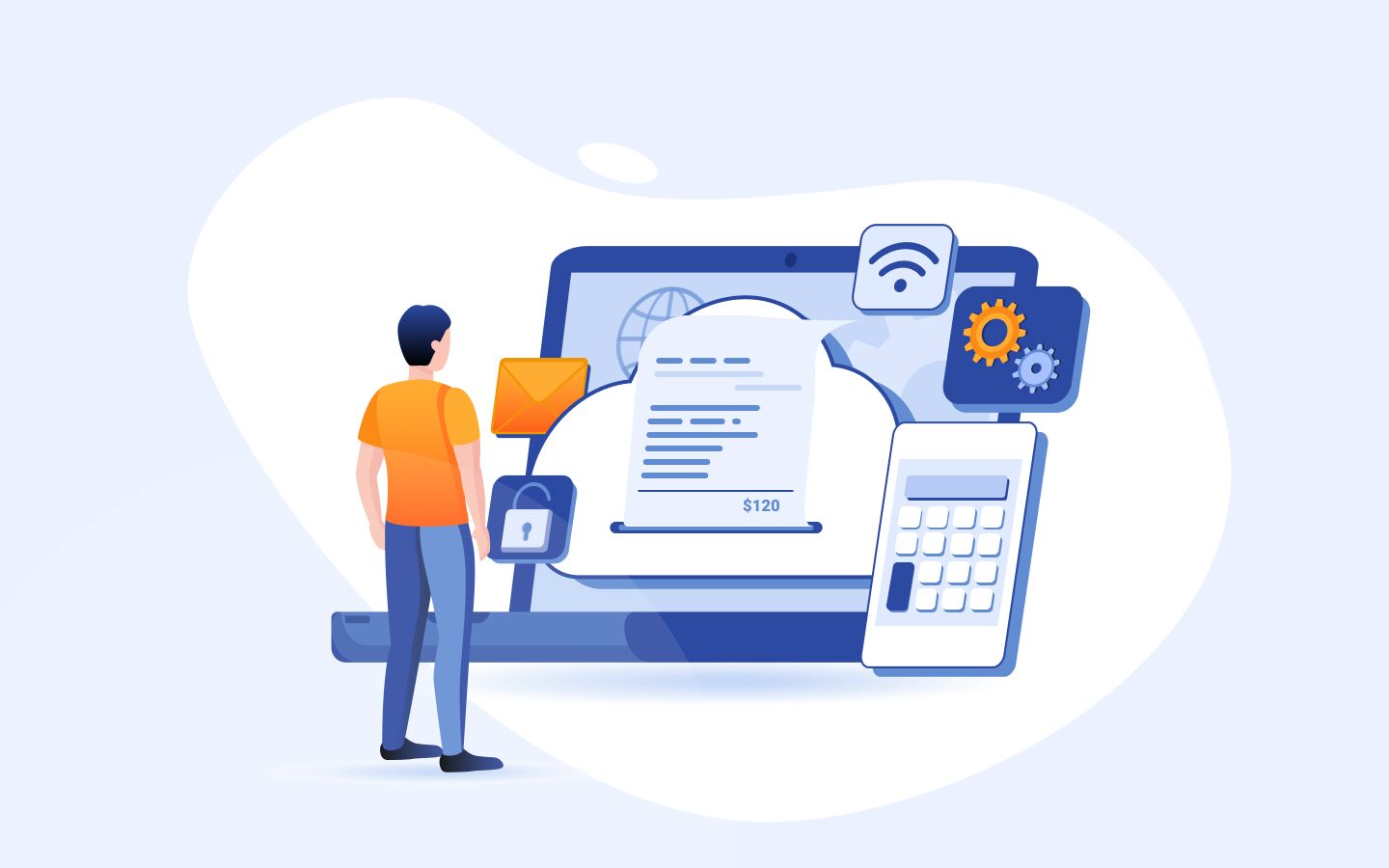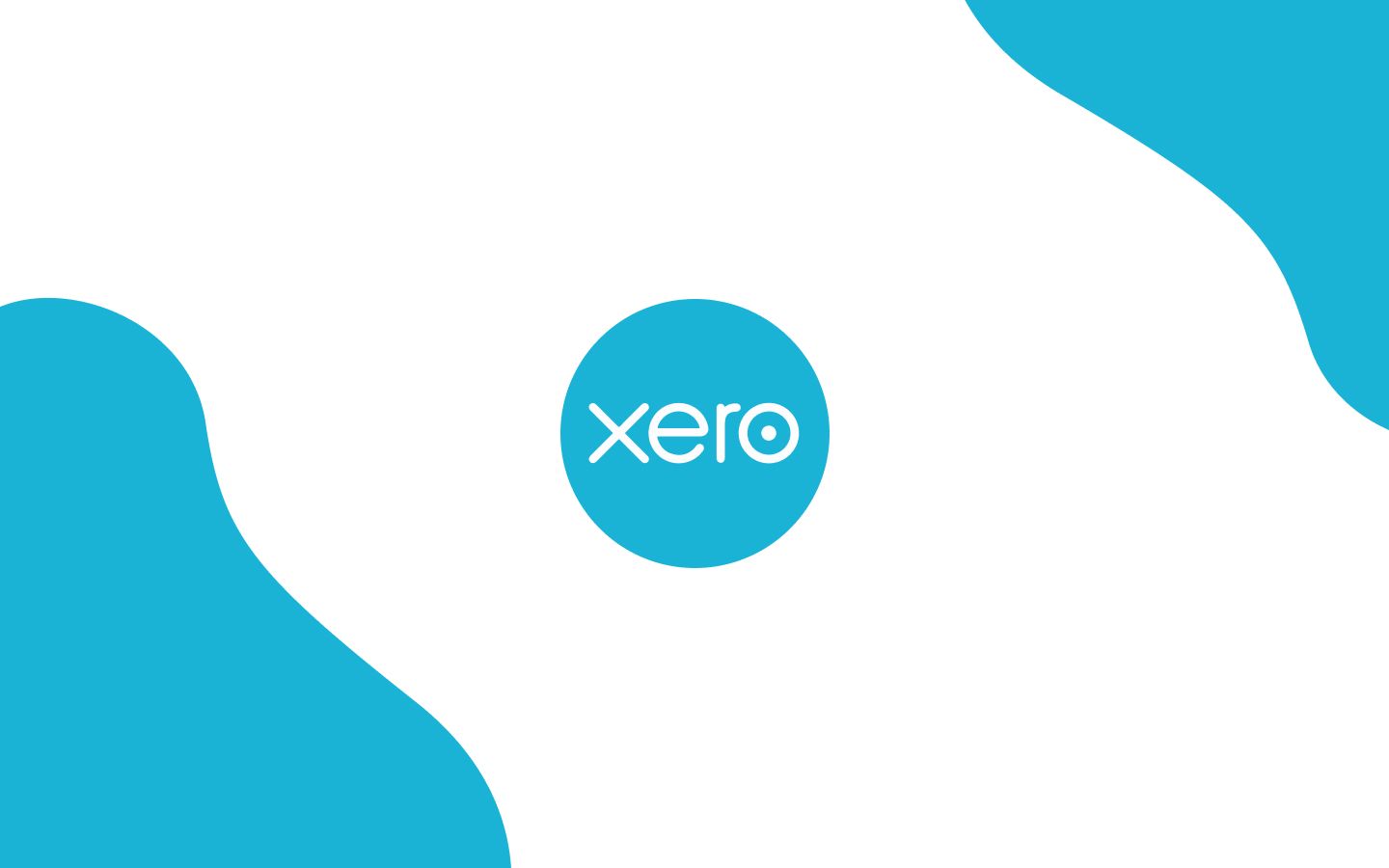As a business owner, every penny counts and being on top of your finances can help you make smarter and more calculated decisions. Managing your expenses however isn’t too easy especially when you’re trying to do it all on your own. While you may not be able to access a financial advisor 24/7, here are a few finance apps that can help you sail through some basic accounting needs for your business!
Related:

- QuickBooks- Keep a track of your business sales and expenses on the go. With all your data accessible over cloud, you can easily view, track and update your expenses/sales as they happen.
Pros:
- Access your data in real time: You can connect your bank account, and other accounting applications to get a real time view of your cash flow.
- Clock employee time and billable hours with ease.
- Invite your accountant and collaborate with ease.
- Generate financial reports and track your business performance.
- Invoicing: Create custom invoices, sales receipts and quote estimates in minutes.
Cons:
- File size limitations on number of transactions.
- Lack of variety for business reports aside from accounting.
- Data isn’t always backed up so you risk losing data.
- Not the friendliest UI for designing invoices.
2. FreshBooks: An app that makes it easy to manage your business, clients and accounts.
Pros:
- Ease of Invoice to Payment Functionality: Keep a track of when your clients open their invoice emails. Manage your past and current invoices, and easily check for unpaid invoices. Streamline cloud invoicing with an online payment gateway integration.
- Easily Track Expenses: Directly import expenses from your bank account, and scan and upload physical receipts in no time.
- Create and manage financial reports with ease.
- Check your finances on the go with mobile access.
Cons:
- Creating and managing bulk invoices is difficult.
- Email clicks are buggy and don't work sometimes.
- Auto tagging isn’t accurate.
3. Zoho Books: One of the most affordable in the list, Zoho Books is an app designed to help businesses keep a track of their cash flow.
Pros:
- Easy to collaborate.
- Can be integrated with other apps in the Zoho suite making it easy to interlink your tasks like tracking your inventory.
- Provides end to end accounting features.
- Manage multiple projects with ease.
- Get automatic bank feeds.
- Affordable.
Cons:
- No payroll options: As opposed to QuickBooks and FreshBooks, Zoho Books does not offer any options to manage your taxes and payroll.
- Third party integrations: While Zoho offers its own array of apps, integrating with other third party applications isn’t that easy.
- Plan restrictions: Zoho is one of the most affordable accounting applications for businesses, however they only offer 3 basic plans and the limitations on users, contacts and workflows restricts the functionality.
All three applications offer features that make tracking your cash flow easier and allows users to manage their finances with ease. You can explore how to connect these applications with your other applications to get a single view access of all your tasks and create a seamless workflow to simplify the way you work. Get in touch with Quickwork to know more about automating your processes.
Related:










